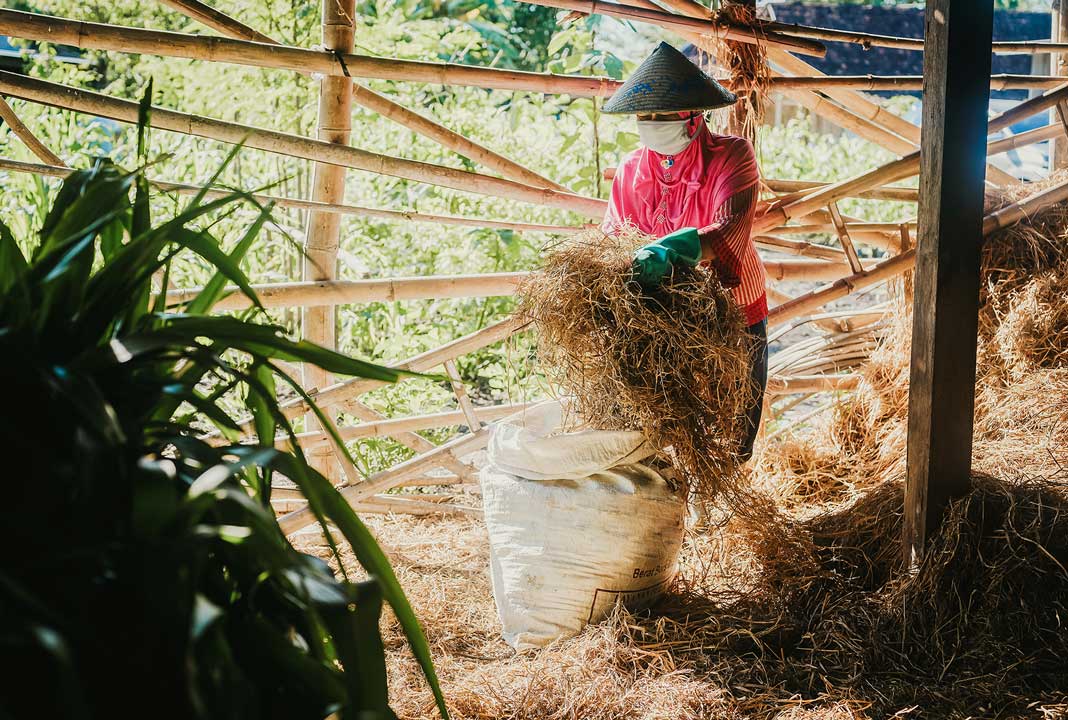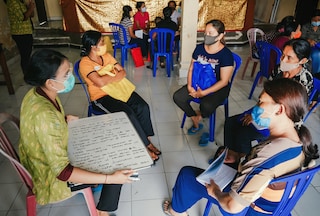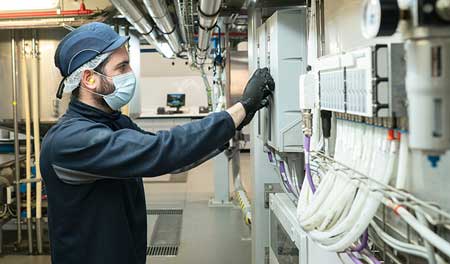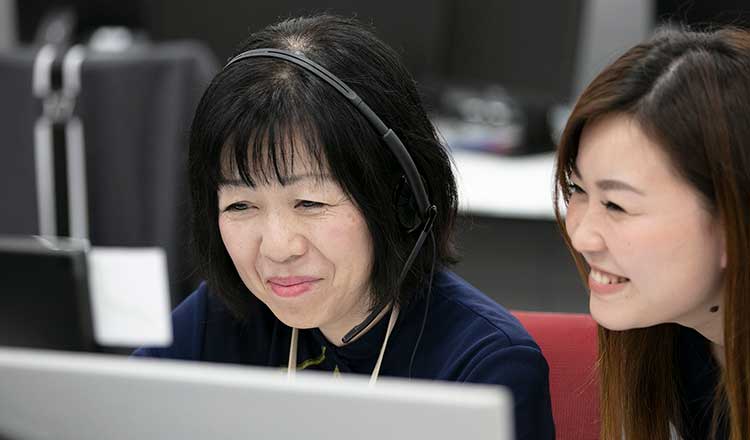| INTEGRATED REPORT 2020 |
The right thing to do
PMI has a long-standing commitment to supporting the communities where our employees live and work and where we source tobacco. Strategic community support can also help resolve socio-economic or environmental issues associated with our value chain. On the other hand, providing opportunities for our employees to engage and contribute to the betterment of their local communities strengthens their relationship with the company and may also contribute to their overall well-being. Done right, community support enables or accelerates projects that meet local needs. It can help communities to become more resilient toward challenges and allow them to thrive.
The business case
Local communities expect us to be engaged and be good neighbors. The quality of our engagements helps us establish good relations and has the potential to attract future talent. It can also improve employee morale, reduce turnover, and support retention, which in turn saves costs in both recruitment and lost productivity. In addition, good community engagement that runs in partnership with like-minded stakeholders, including suppliers, can help enhance external business relationships and create new opportunities.
Community support is a tier 2 topic within our strategic pillar Caring for the people we work with.

Our progress in 2020
read moreAchieving our aims
We value our relations with the communities, and we are committed to supporting community work that addresses local social and environmental challenges.
PMI’s Chief Sustainability Officer oversees our social contributions strategy. Our approach is decentralized, providing greater flexibility and autonomy for affiliates to decide on the community projects that will best meet local needs. We distinguish between charitable donations and community investments.
Community investments help manage social and environmental impacts associated with our value chain. We focus on two main priorities: Sustainable tobacco livelihoods and clean neighborhoods (targeting littering). There is a clear alignment between investment in tobacco farming community livelihoods and PMI’s business. In some of the communities from which we source tobacco, issues such as poverty and limited access to education are at the heart of problems such as child labor and other unacceptable labor practices. As a complement to our ALP program, investing in tobacco-growing community projects helps address issues requiring a wider and more collaborative approach. Our community investments in tobacco sourcing regions align with SDG 8 (decent work and economic growth), as well as with our 2025 sustainability strategy.
The promotion of clean neighborhoods is a community investment aligned with both SDG 12 (sustainable consumption and production patterns) and our sustainability strategy. In 2019, we introduced this as a priority focus, in line with the identification of littering prevention as a tier 1 topic in our 2019 sustainability materiality assessment. Working with community stakeholders, we encourage anti-littering behaviors and proper waste management.
Charitable donations, in contrast, are not linked to impacts along our value chain and are made to enhance the overall quality of life in the communities where we operate. They are managed by our affiliates to address local community needs and include disaster relief efforts.
We measure our community support and, when drafting our Social Contributions Policy, we accounted for the framework of the Business for Societal Impact (B4SI), an internationally recognized global reference for measuring and managing corporate community
investment. We disclose the list of Social Contributions made on an annual basis.
Volunteering is another form of social support. At PMI, volunteering is not only accepted but also encouraged by the company, and for many years our affiliates have been conducting many different initiatives involving thousands of our employees. Our employee volunteering efforts are cross-cutting across a wide range of aspects of our community support work.
Our aim is to further empower our employees and generalize volunteering work as a regular practice for all employees. We believe that enabling our employees to pursue the causes that matter in their life makes us stronger as an organization. In September 2020, we announced internally a generous new set of guidelines benchmarked against best-in-class programs. Every PMI employee is now given one day of paid leave for volunteering activities per year, and the company commits to match, with up to four additional paid leave volunteering days, any additional volunteering work that employees may do in their own time. This comes in addition to the existing customary practice of giving employees paid leave for participating in initiatives organized by the company during working time.

Our progress in 2020
read more
Performance metrics
view dataThis online content about our Integrated Report should be read in conjunction with PMI’s 2020 Integrated Report. The information and data presented here cover the 2020 calendar year or reflect status at December 31, 2020, worldwide, unless otherwise indicated. Where not specified, data come from PMI estimates. Please also refer to 'About this report' on page 3 of the 2020 Integrated Report for more information. Aspirational targets and goals do not constitute financial projections, and achievement of future results is subject to risks, uncertainties and inaccurate assumptions, as outlined in our forward-looking and cautionary statements on page 145. In the 2020 Integrated Report and in related communications, the terms “materiality,” “material,” and similar terms, when used in the context of economic, environmental, and social topics, are defined in the referenced sustainability standards and are not meant to correspond to the concept of materiality under the U.S. securities laws and/or disclosures required by the U.S. Securities and Exchange Commission.





